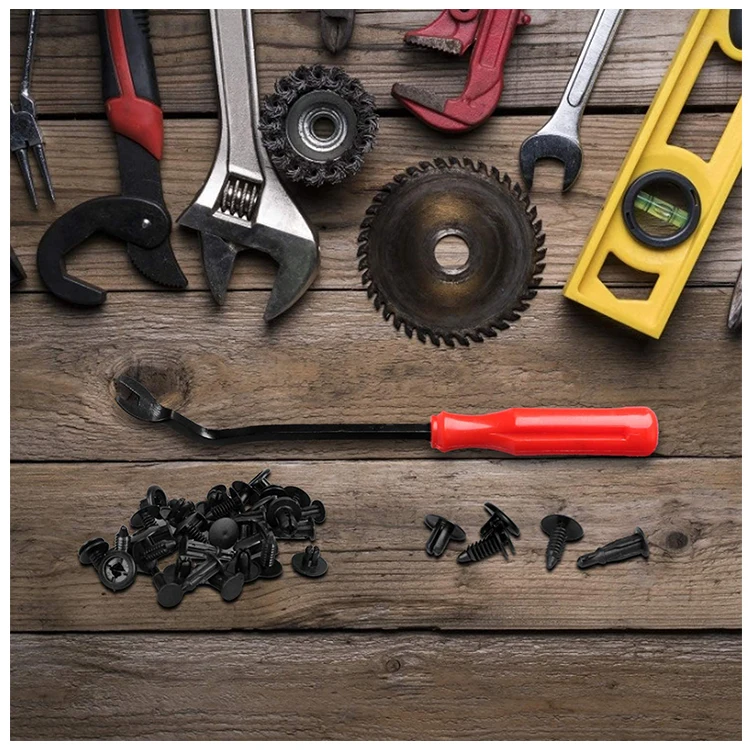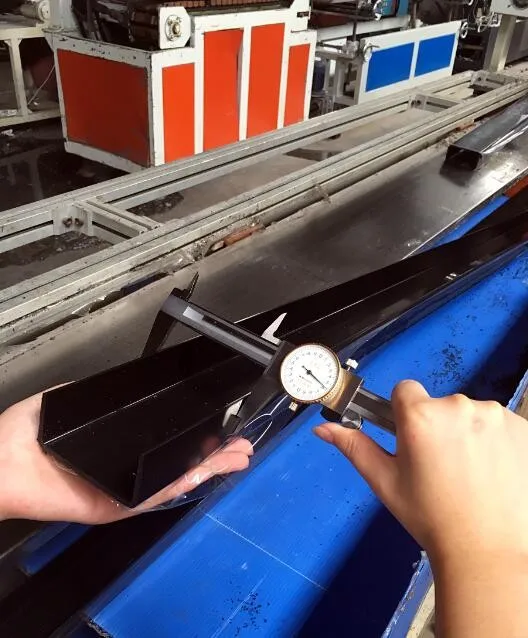In recent years, LED light strips have become a popular choice for home and commercial lighting solutions. Among them, neon LED light strips stand out for their vibrant colors and flexibility, allowing you to add a touch of creativity to any space. Whether you are looking to enhance your home decor, create a unique ambiance for a special event, or add a fun flair to your workspace, these versatile lighting options can transform any environment. Here, we explore some of the best neon LED light strips on the market and what makes them a fantastic choice for your lighting needs.
 Home
Home










